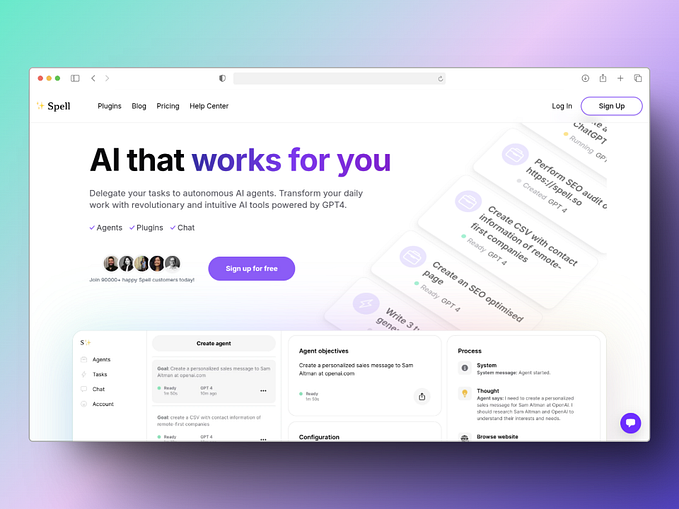Software Implementation: for the technical & the client-minded
Bootcamp Grads and Self-Taught Devs, there are other jobs out there!

Whether society is Pre-Pandemic, Mid-Pandemic, or Post-Pandemic, one phenomenon is standing the test of time:
The IT market is piping hot and it isn’t cooling down anytime soon.
Bootcamp grads and Self-taught developers are snapping up developer opportunities every day and there are no signs of the industry stopping. You’ve heard the news, the marketing copy from bootcamps, all of it a billion times.
What isn’t necessarily trending #1 on r/cscareerquestions, Hacker News, or Hackathon Hackers is a longstanding IT field tangential to development. A field that values your hard skills for technical problem solving and your soft skills for working with clients. The field of Software Implementation.
Job titles for roles in the field include Implementation Engineer, Support Engineer, Software Implementation Specialist, and many more. I know about this line of work because I was an Implementation Engineer for ~2.5 years before choosing to transition into a Front End Developer role. Being in implementation was a lot of fun and it fit my social personality like a glove. I want to put this on the radar of fellow self taught developers and the Bootcamp grads out there in case it catches your interest. I had no clue about it myself when I applied, and I wish I had!
So let’s start with the basics:
What is Software Implementation?
Software Implementation is the process of actually setting up a software product or service for use by a customer. It is the process of integrating that software into the customer’s workflow, in accordance with their technical and nontechnical needs.
What does an Implementation Engineer do, exactly?
Say you are an Implementation Engineer at a software company and your company’s clients purchase software in the hopes it will add value to their business in some way. But: they don’t have staff in-house dedicated to learning the new software they just bought. Or they do have technical staff but the learning curve for the software is high so it would take them a while to learn the software. In both scenarios, the value derived from the investment is delayed or halted entirely.
What an Implementation Engineer will do here is set up the software for use with the clients, help train them on it, answer any technical questions the client has, possibly even provide ongoing support if that’s how the company has organized the team. In a nutshell you are helping the software generate value for the customer.
The job is part technical, part non-technical. Great communication skills are quite important, being that you’re talking with clients regularly via email, maybe sometimes on the phone. And because the clients are not necessarily technically skilled, you have to boil tricky technical concepts down to terms that they can understand.
These roles are typically not sales roles, nor are they account management roles; you are probably not closing deals or negotiating contracts with clients. Your job is solely to be an expert on the software’s ability and inabilities so you can solve their problems to the best of your ability. Like a technical consultant.
I was an Implementation Engineer at a Marketing Automation technology company here in Austin called ActiveProspect. As an Implementation Engineer, I set up a Software as a Service that helped companies’ marketing departments automate their lead processing.
My days consisted of technical onboarding for enterprise clients I was responsible for, coordinating with Product/Sales/Design/whoever else to solve and relay client problems, and answering general support questions from tiers of clients.
Technically, my days consisted of reviewing client setups inside a proprietary software, pulling and pushing and modifying setups with the use of a lengthy BASH script I wrote, configuring complex conditional logic inside the proprietary software based on client requirements, and building tooling in HTML/CSS/JS for myself to speed up my workflow.
It was a technical role that benefited greatly from having nontechnical skills to collaborate with internal and external teams. And it was fun, interacting with different personalities weekly as new clients came in and new problems presented themselves!
So if you’re technically skilled with an interest in client-facing interactions, a career in Software Implementation may be worth a look, whether for a couple years or the long term. I can say the skill I harnessed interacting with different personalities and boiling down technical concepts into human-speak remains a major, major asset.
Thanks for reading and shoot over any questions on my Twitter @yallcantspell 😃









